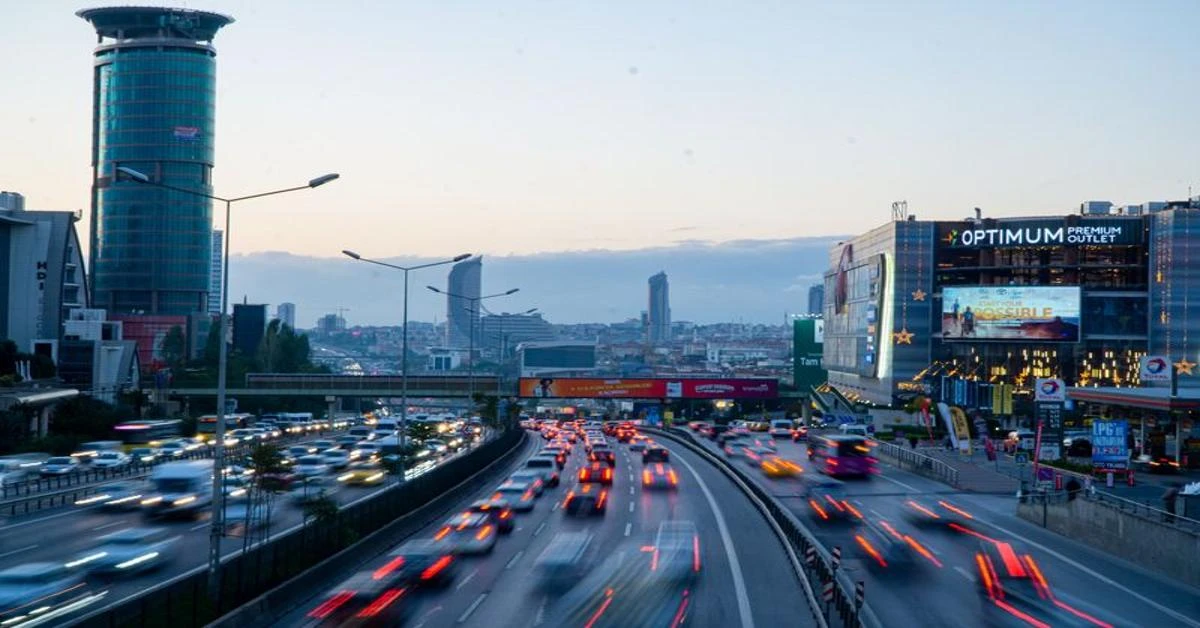Innovative AI traffic solution to revolutionize urban mobility

Istanbul aims to revolutionize its traffic management with the introduction of Tralico, an AI-based system
A cutting-edge traffic management system is being implemented in Istanbul, Türkiye, to improve urban mobility and reduce congestion.
This groundbreaking project, led by an international consortium, employs artificial intelligence to predict and manage traffic congestion.
Officially termed ‘Multi-Input Deep Learning for Congestion Prediction and Traffic Light Control (Tralico),’ the initiative is a joint venture involving Medianets Lab in Hungary, the Nara Institute of Science and Technology in Japan, and Istanbul IT and Smart City Technologies in Türkiye.
Reports indicate that Tralico is unprecedented in its real-life application within large urban areas in both Europe and Japan.
The project’s coordinator, Vilmos Simon, who heads Medianets Lab at the Budapest University of Technology and Economics (BME), brings a novel approach to combating urban traffic jams.
Operating under BME’s Faculty of Electrical Engineering and Informatics, Medianets Lab specializes in AI applications tailored for smart city infrastructure, encompassing machine learning, data analytics, and intelligent transportation systems.
As reported by Hungarian media and the Rector’s Cabinet Communications Directorate at BME, Tralico’s objective is to utilize AI for real-time traffic intensity prediction and traffic light control. This strategy is anticipated to decrease travel times and reduce harmful emissions notably.
A primary aim of this three-year initiative is to test and refine the system in Istanbul, potentially establishing a model for other major cities globally.
Funded by the European Interest Group CONCERT-Japan program, which facilitates scientific and technological cooperation between Europe and Japan, Tralico’s success in Istanbul could herald its adoption in numerous other cities in search of advanced traffic management solutions.
Source: Newsroom



